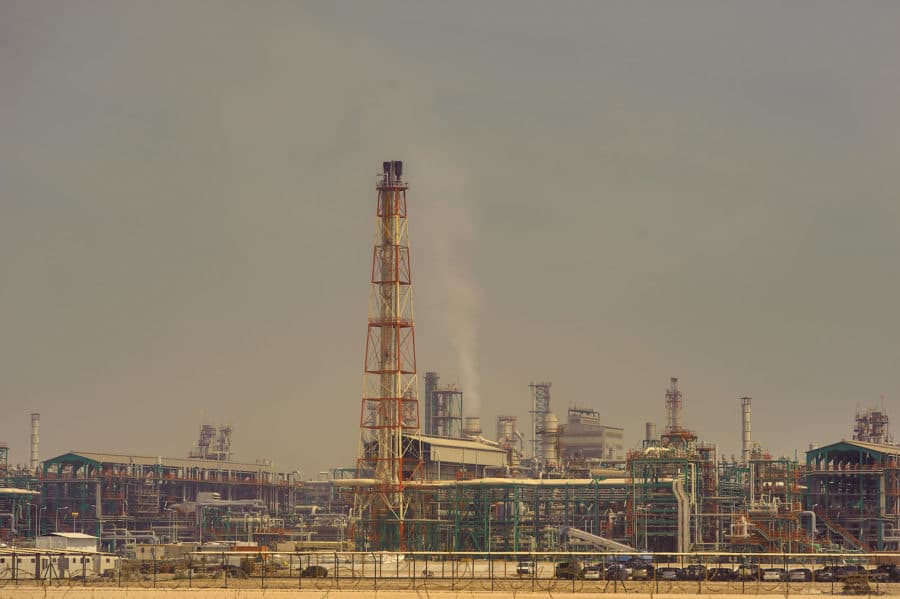The withdrawal from Opec after 57 years in the club is just another way that Qatar and its Gulf Arab cousins are growing further apart as relations deteriorate.
The Gulf Arab nation of Qatar, the world’s biggest exporter of liquid natural gas, says it will withdraw from Opec, the Organization of the Petroleum Exporting Countries, in January.
Qatar’s Energy Minister Mohammed bin Saleh al-Sada made the surprise announcement during a news conference in the Qatari capital, Doha, on Monday.
The tiny country of 2.6 million people, where citizens make up only about 10 percent of the population, discovered the offshore North Field in 1971, the same year it became independent. The discovery shot Qatar to No. 3 in world rankings, behind Russia and Iran, with which it shares the North Field.
The Gulf state, which joined Opec in 1961, said it would leave the cartel in January and would focus on gas production.
Opec is expected to cut oil supply at this week's meeting in response.
Explaining Qatar's decision, Energy Minister Saad al-Kaabi said: "We don't have great potential (in oil), we are very realistic. Our potential is gas."
He said geopolitics was not factor in the decision. Since June 2017, Qatar has been cut off by some of its powerful Arab neighbours, particularly Saudi Arabia, over its alleged support for terrorism.
Qatar's withdrawal from Opec may not have any lasting impact on the price of oil as it is a relatively small producer. But this week's meeting of Opec is being closely watched by markets for any agreement over cuts to production after the oil price fell sharply in November.
Qatar is Opec's 11th biggest oil producer – which is to say it's one of the smallest producers in the cartel, providing less than two percent of the group's output.
While its departure might not mean much for Opec's influence over the oil market, it is important to see the decision within the broader geopolitical climate in the Middle East, where Opec's de facto leader, Saudi Arabia, has been leading a regional blockade on Qatar that has seen trade and travel links severed since June 2017.
While Qatar's energy minister insists that the decision was not political, the withdrawal from Opec after 57 years in the club is just another way that Qatar and its Gulf Arab cousins are growing further apart as relations deteriorate.
Expectations are high that Opec will reach an agreement on output this week after Russian President Vladimir Putin said at the weekend that he and Saudi Arabia's Crown Prince Mohammed bin Salman "have agreed to extend our agreement" to limit production.
Russia is not a member of Opec, but is one of the biggest oil producers outside the group.
An oil analyst says Qatar's decision "has no impact on the market either way," adding "the cost for them is higher than the benefit" of remaining in OPEC: "This is just like shutting down a losing business."

